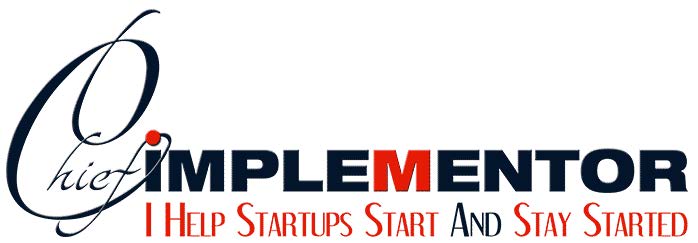Music Licensing Has Become Simpler With Help Of Crowd-sourcing
Music industry is teeming with budding talents who are in dire need of a break to showcase their original creations before public. As they are not among the rising flocks of copy-cats but belong to the rare group of extraordinary talented artists, so their original compositions must be preserved by dint of music licensing. Getting one’s music licensed means that the particular piece of music can not be used without the prior permission of the composers. Now for simplicity, the entire process of licensing music can be divided into three tasks locating the perfect song, entering into the negotiation process for the song and finally deciding the price. Each of these tasks is tough and tedious one. They require the involvement of several persons to accomplish the entire process of licensing. With the extensive use of net, however these not-so-simple tasks have become simpler and quicker to finish. ‘Crowd-sourcing’ has lent music licensing a touch of simplicity.
There is no denying the fact that locating the music licensing for film, television and commercials is not a piece of cakewalk. With several hundreds songs being pumped into the market and uploaded to the web on weekly basis, searching the most suitable song as per as requirement seems to be the next to an impossible task. Filtering through so many collections to find out the best match requires so much time that the music supervisors prefer to work with the music publishers instead of turning to the independent entities for music licensing. Obviously, they have to shell out extra bulk to avoid extensive searching for the perfect match. By approaching the music supervisors, they also have an access to the well-known hit songs of the music world.
Negotiation is an important part of the entire gamut of music licensing. The skill of negotiations also comes into play while fixing the price of a song. This tough task gets tougher while dealing with the renowned publishers and labels. The cost of music licensing springs up as these publishers charge high price to involve all the necessary parties. On the other hand, involving an independent entity directly into the procedure of music licensing will lead to a significant reduction in cost but at the same time several problems will come to the surface too. The major problem is that these independent bodies possess no licensing department. These departments generally let the new musicians know the diverse options of music licensing. These independent personalities can also get into a fit of rage when the fresh talents find it very hard to comprehend various terms of licensing agreement and peck them with several questions.
The main advantage of using the ‘Crowd-sourcing’ method is the composers as well as song writers get to know the music licensing contract and also price in advance. This process is the reverse method of familiar licensing procedure as the music is located after negotiation process is over and price is set. Such process does not require one to search what he or she is looking for as the right music will be sent by the composers from any corner of the globe via net. The option of ‘Crowd-sourcing’ is not the best fitting solution of music licensing for film for the musicians but it is, no doubt, much better solution as compared to the familiar process of licensing music.
Daina Smith is a music lover. She has good knowledge on music licensing. For more information on music licensing for film she recommends to visit http://www.musicdealers.com/.
In which Matt, JR., and Clay discuss The History’s Channel’s attempts to tell stories of the Bible, crowd sourcing, and post modernity. Also featured, the first ever live StoryMen taste test!…
Video Rating: 5 / 5

